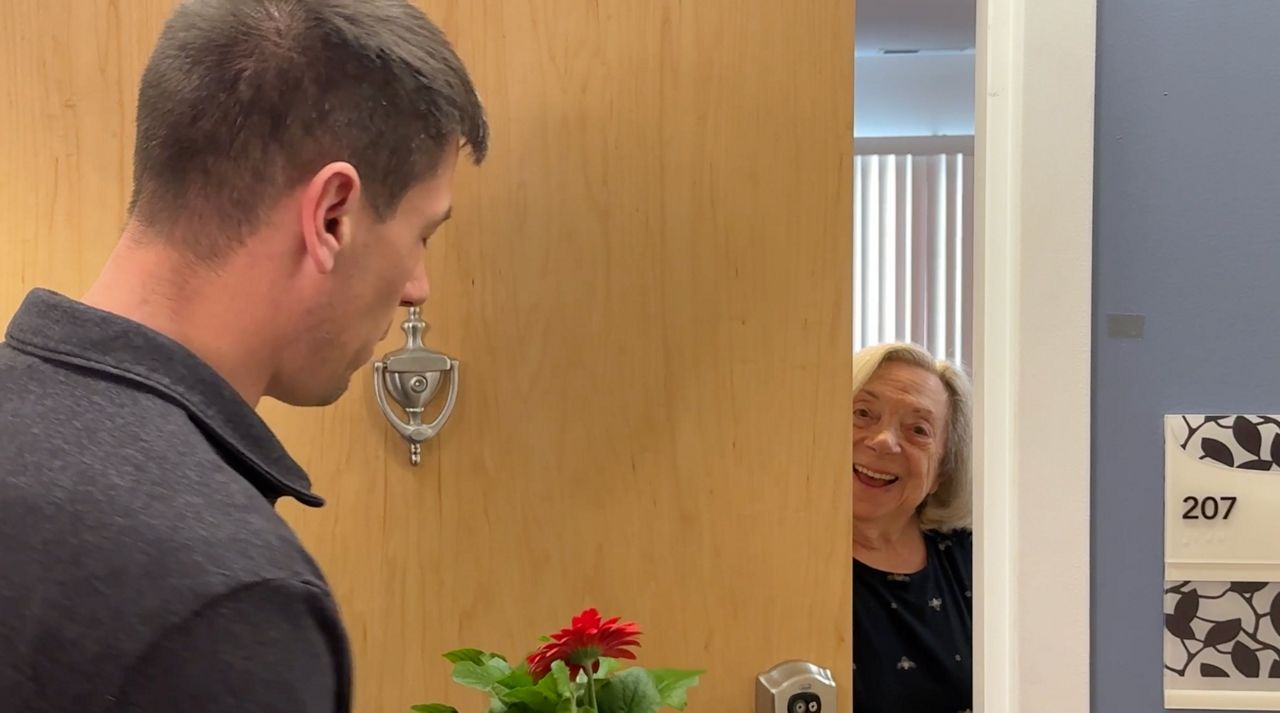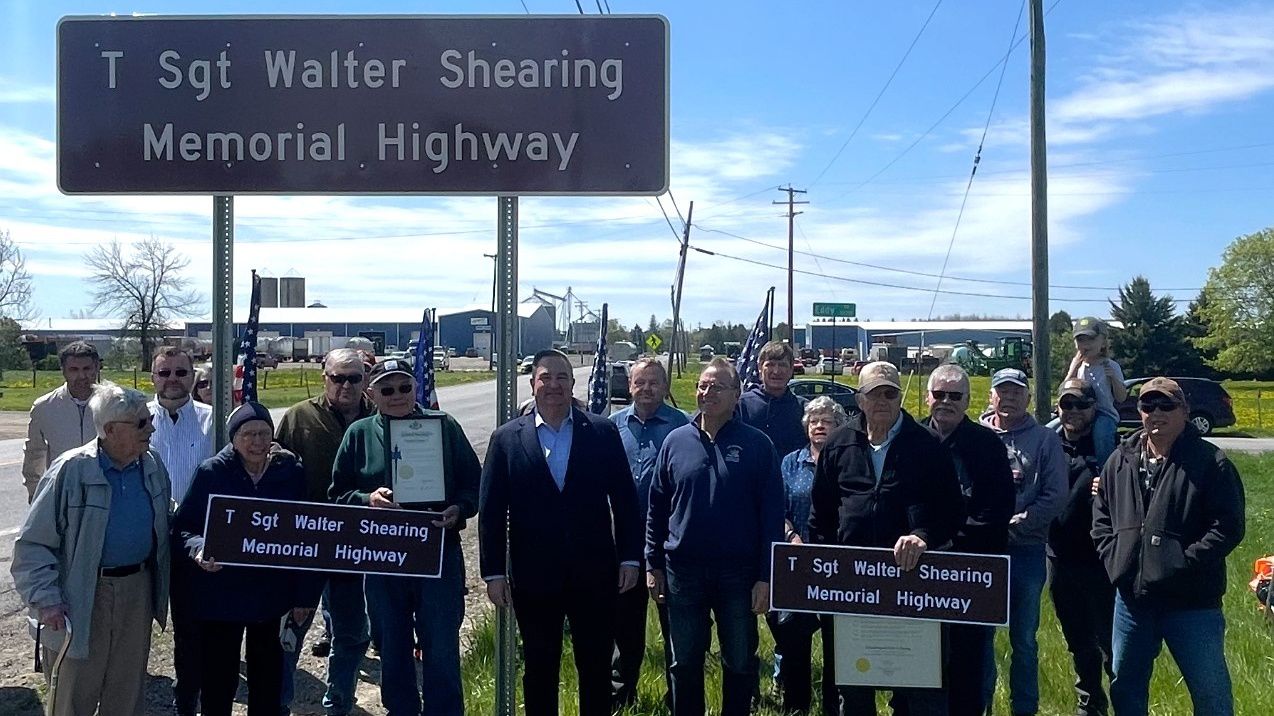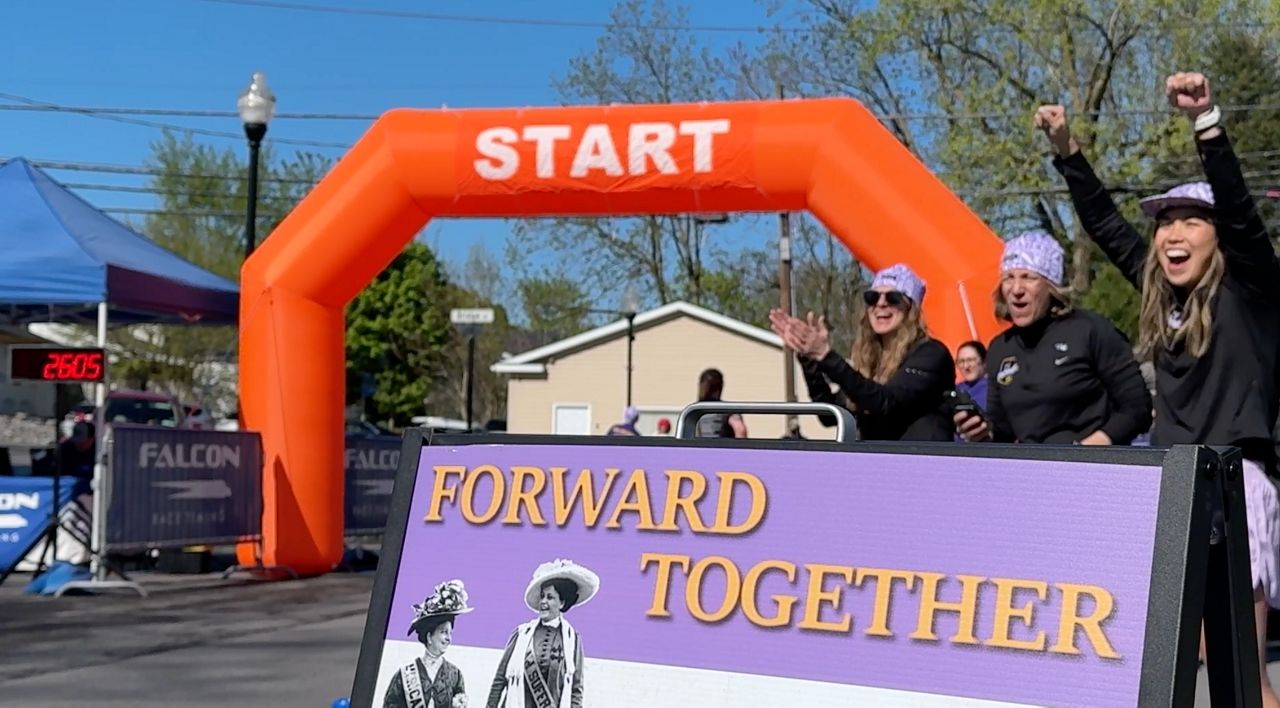Two longtime Rochester residents who lived through the city’s race riots of the 1960s say they see some sad parallels between those days and the racial unrest that’s hanging over their city — and the entire country — now.
Pamela Jackson-Yelder and Michael Swinton both believe Rochester will survive these times, just as advances for racial equality were made following those tumultuous 1960s.
But it will take work.
“The message is what’s important,” said Jackson-Yelder. “We can't forget that. And if we are going to make a change, we have to do it the right way.”
What You Need To Know
- Comparisons are being made between the Rochester riots of 1964 and the events taking place this summer
- Pamela Jackson-Yelder and Michael Swinton say that race riots changed the city forever, but believe it will survive whatever comes its way
- The '64 riots began after a man was arrested and a crowd thought they were being too forceful
The killing of a black man by a white police officer in Minnesota set off nationwide protests. Both support the demonstrations calling for accountability and equality.
“The message is people are sick and tired of being tired,” said Swinton.
Both also condemn the looting that has also occurred, including destruction that happened in many Rochester neighborhoods last weekend.
“That’s not us as a people,” he said.
Swinton and Jackson-Yelder both also understand the root of the anger. Recent events take them back more than a half century, when they were teenagers — when race riots forever changed city neighborhoods.
“We're hurting ourselves in our own neighborhoods,” she said. “We don't have the stores to shop at anymore. And ’64 was a perfect example of that.”
For three days in July 1964, rioting broke out in two predominantly black Rochester neighborhoods. Police went to arrest a drunk man at a street dance, and when the crowd thought police were being too forceful, chaos ensued.
“We had to deal with the day after,” said Swinton. “Where was the milk coming from? Where's the bread coming from? The gains that you thought you had gotten by breaking into somebody else's store — they moved those stores.”
Swinton says he’s appalled by recent looting. Now, as in the 60’s, there is anger and pain. After Minnesota — it boiled over.
“A lot of things that we're seeing today could have been averted by making the right decisions,” Swinton said of the death of George Floyd at the hands of police officers. “By the right people that were in charge of that incident.”
Jackson-Yelder says she finds hope in the struggle. But she hopes the message isn’t derailed.
“Black life does matter,” she said. “All lives matter, and with the negativity of what’s happening now, the true meaning of what we’re trying to do is getting lost.”
Both also feel change in America starts at the polls.
“We selected a democracy of how we we’re going to run this nation of immigrants, not a throne,” said Swinton. “So we need to live that. Those values that every man is created equally, and take out the element that we're making some feel so unwanted, that the only course that they have is taken to the streets.”
Swinton and Jackson-Yelder each worked with Rochester’s children in various roles for more than 50 years. The impression of today’s world on today’s kids worries Swinton most.
“We’re asking for fairness to come about, that recognizes America,” he said. “Not recognize the black community, the white community, the Hispanic community and everything like that. I’m looking for that hope to be in the eyes of kids, that want to live this life and live this life within an equality that’s afforded on their merits.”
It’s a fight Rochester has seen before— one which really never went away. From that long, hot summer of ’64 to this spring of unrest — the fight for equality rages on.
“Yes, after the ‘60s we made some gains,” said Jackson-Yelder. “But we still have a lot more to gain, and we have to do it the right way.
“We have to set the example.”










